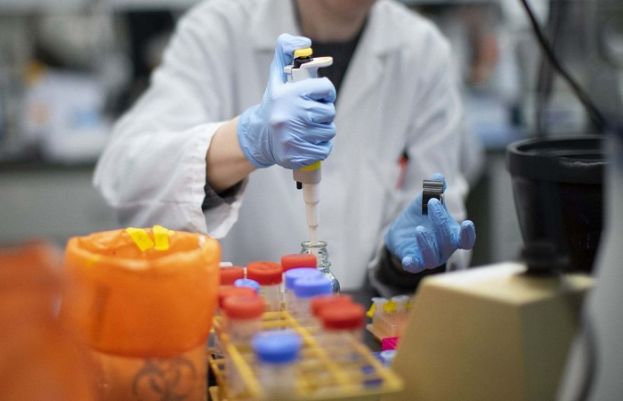
A team at the University of Pittsburgh School of Medicine in the United States said they were able to move quickly in developing a potential Covid-19 vaccine after working on other coronaviruses that cause Severe Acute Respiratory Syndrome (SARS) and Middle East Respiratory Syndrome (MERS).
“These two viruses, which are closely related to SARS-CoV-2 [the new coronavirus causing the Covid-19 pandemic], teach us that a particular protein, called a spike protein, is important for inducing immunity against the virus,” said Andrea Gambotto, an associate professor at Pittsburgh. “We knew exactly where to fight this new virus.”
When tested in mice, the prototype vaccine, which the researchers have called PittCoVacc, generated what they described as “a surge of antibodies” against the new coronavirus within two weeks.
The Pittsburgh researchers cautioned that because the animals have not been tracked for very long as yet, it is too early to say whether and for how long the immune response against Covid-19 lasts.
The team said they hope to start testing the vaccine candidate on people in clinical trials in the next few months.
The potential vaccine uses a needle patch design, called a microneedle array, to increase its potential potency.











